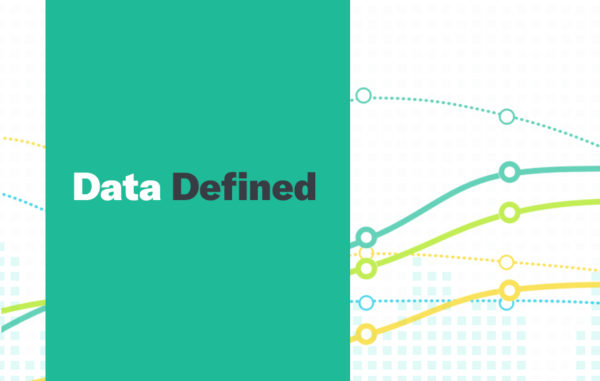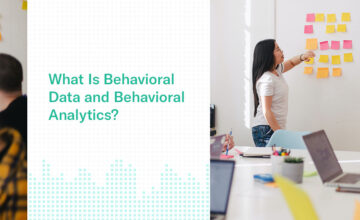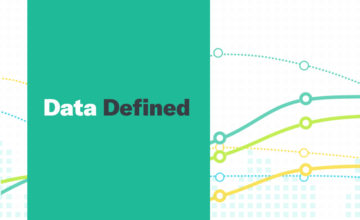Children’s Online Privacy and Protection Act Defined
The Children’s Online Privacy and Protection Act, more commonly known as COPPA, is a law that was enacted by the United States Congress in 1998, and took effect in April 2000.
COPPA was designed by lawmakers to allow parents to control what information is collected online from their children, as well as what services their children would be allowed to personally interact with.
COPPA has a number of requirements, but some key ones are that tech companies making apps, websites, and online tools for kids under 13 must:
- Post a clear and comprehensive online privacy policy describing their information practices for personal information collected online from children
- Provide direct notice to parents and obtain verifiable parental consent, before collecting personal information online from children
- Give parents the choice of consenting to the operator’s collection and internal use of a child’s information, but prohibiting the operator from disclosing that information to third parties
- Provide parents access to their child’s personal information to review and/or have the information deleted
- Give parents the opportunity to prevent further use or online collection of a child’s personal information
- Maintain the confidentiality, security, and integrity of information they collect from children, including by taking reasonable steps to release such information only to parties capable of maintaining its confidentiality and security
- Retain personal information collected online from a child for only as long as is necessary to fulfill the purpose for which it was collected and delete the information using reasonable measures to protect against its unauthorized access
Fines for failing to comply with the law can cost up to $41,484 per violation.
In Data Defined, we help make the complex world of data more accessible by explaining some of the most complex aspects of the field.
Click Here for more Data Defined.


